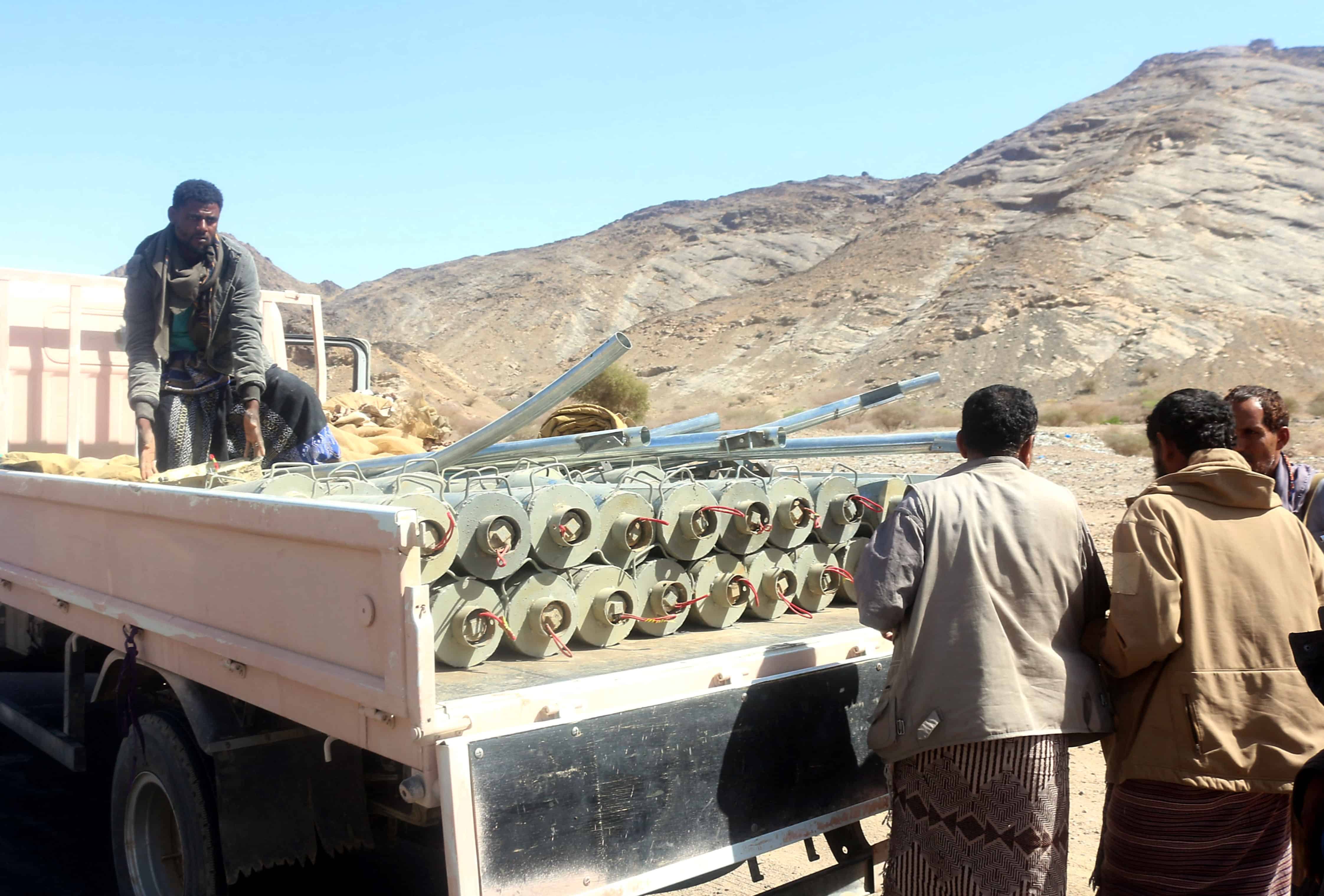Yemen’s Houthi insurgents have shut down six radio stations in the capital Sanaa, the journalists’ union said, with reporters saying the move came after broadcasters refused to air rebel propaganda.
The Iran-backed Houthis seized Sanaa from the internationally recognized government in 2014, sparking a civil war that has devastated the already impoverished country.
On Saturday, the syndicate of journalists quoted a statement from the Voice of Yemen radio saying Houthis closed the station.
“Security forces from the de facto authorities in Sanaa stormed the radio station on Tuesday and closed it,” it said.
The station was shut “illegally” under the pretext it needed to obtain certain work permits, the syndicate reported.
Five other radio stations in Sanaa were likewise closed, it added without giving further details.
But journalists in Sanaa said the Houthis were angry because the radios either refused to air rebel propaganda, including pro-Houthi anthems, or because they had broadcast music which the insurgents consider a violation of Islam.
“The Houthis closed local radio stations because the broadcast shows that were deemed hostile towards Yemen,” one radio station owner told AFP on condition of anonymity.
He said the Houthis believe that “radio stations must air programs aimed at mobilizing support for them” and inspire them to head to the front.
“These closures have nothing to do with the laws and regulations of the information ministry,” he added — denying claims by the Houthis that radio stations violated rules laid down by the Houthi authorities in Sanaa.
The syndicate denounced “arbitrary measures that restrict freedom of expression”, calling for radio broadcasts to resume immediately.
The Houthis who control much of northern Yemen are followers of the minority Zaidi faith, an offshoot of Shiite Islam.
They impose an austere interpretation of Islam in areas under their control, with strict rules on dress, gender segregation and entertainment, including a ban on most forms of music.
Instead they have often short-form poems, known as zawamil, as a vehicle for martial music and propaganda the government and its Gulf Arab and Western supporters.
A Saudi-led military coalition intervened in Yemen in 2015, a year after the Houthis seized Sanaa, to shore up the government.
The Yemen conflict has killed hundreds of thousands of people directly or indirectly and left millions on the brink of famine, according to the UN.

